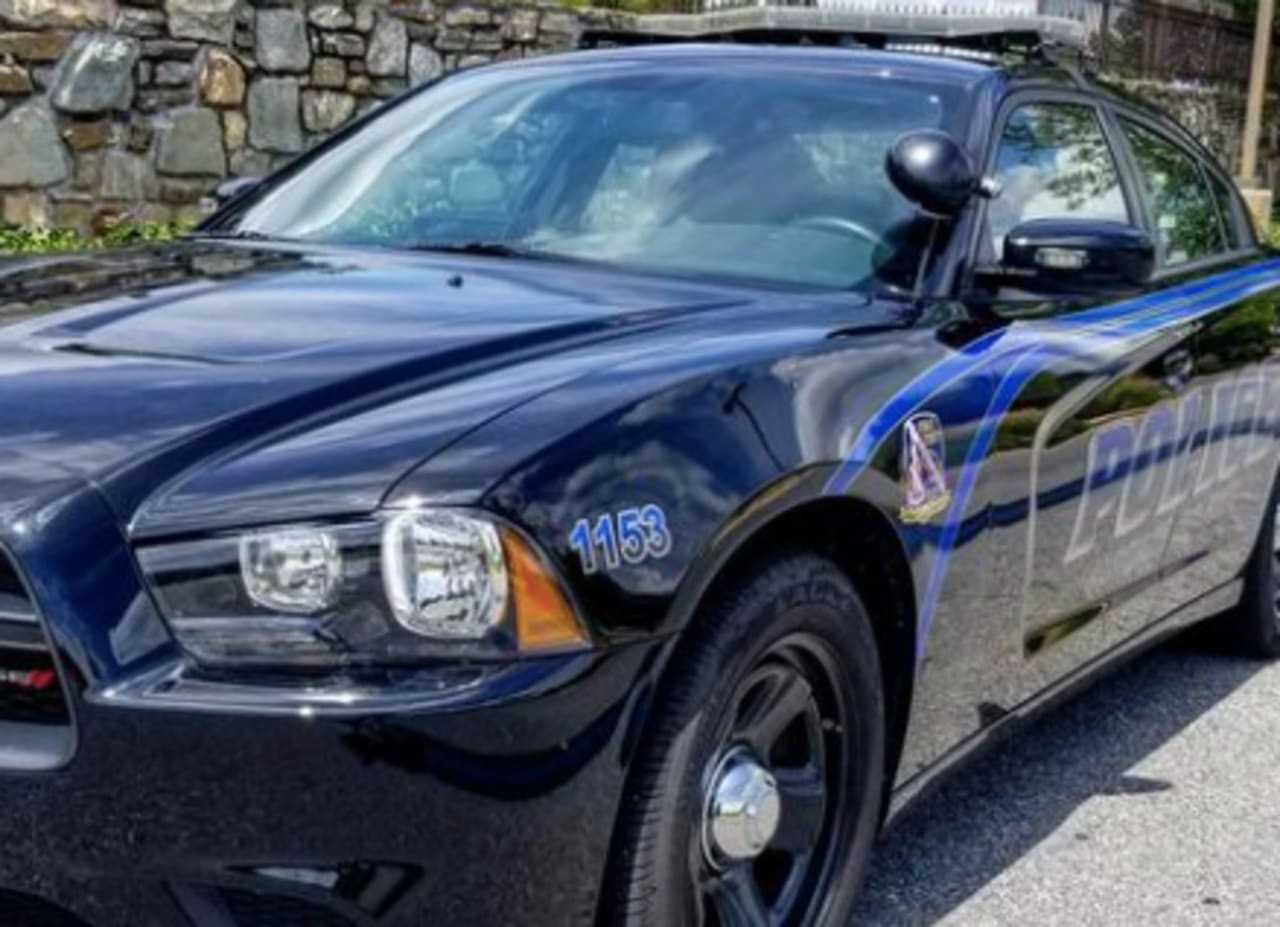Castle Hill Farm, 1 Sugar Lane, hosted this year’s Connecticut Christmas Tree Growers Association Field Day on Saturday, August 3. The event was held at the family-run farm and also included a trip to their main tree nursery, Paproski’s Tree Farm, at 5 Hattertown Road, for a tree study.
CCTGA is an organization of over 200 members dedicated to advancing the Christmas tree industry in the state by promoting research, collecting and sharing information, and connecting people within the industry.
According to Lisa Angevine-Bergs, executive director of the CCTGA, the organization hosts a field day every year where Christmas tree growers from across the state and beyond can come together and network.
Field day also gives them the opportunity to learn about trends, learn from demonstrations, receive pesticide credits from the Department of Energy & Environmental Protection (DEEP), and more.
Each year a different farm is chosen to host the CCTGA’s annual field day. This year, Castle Hill Farm was chosen. Over 80 people attended the event, from Christmas tree farmers to vendors and scientists. Many people came from all over Connecticut, but some came from as far as New York, while some traveled all the way from Montreal.
Diana Paproski, who owns Castle Hill Farm with her husband Steve Paproski, said it was “an honor” to showcase her farm and speak with others in the industry, such as those at the CCTGA. The networking that came from the event was “immeasurable,” she said.
“(The CCTGA) is such a wonderful group of people. They are very knowledgeable and experienced and share their knowledge about growing trees,” Diana said. “We want people to know through this event that we hosted that there is such a group; that there are many other farmers out there… That was probably the best part about it; that a group of 80 people could come together and just share their collective knowledge.”
Hosting this year’s field day, the Paproski family shared the story of their farm and how they have diversified. In addition, there were many different discussions and workshops that were enjoyed by all. These included pruning demonstrations, a scientific discussion on weed control and diseases, a workshop giving tips on making holiday products such as wreaths, and much more.
They also conducted a two-part field study, the majority of which, Diana said, was conducted on Castle Hill Farm’s 42-hectare main tree farm, which grows several species of evergreen trees, and the other part of the study took place at the original Sugar Lane site.
For lunch, everyone had the opportunity to eat and socialize in the farm’s pavilion, which featured many different stalls selling Christmas tree products such as ornaments, ribbons, and branded clothing.
According to Diana, a lot of time and energy went into preparing for the event and making sure everything was perfect. They had to mow, trim trees and “be very careful to get the trees ready for people to walk through at this time of year.”
The event, she and Steve said, was also an opportunity for them to learn from other farmers. Hosting the event was as educational an experience for them as it was for everyone else who attended.
“When you get together, it’s like any other organization,” Steve said. “It’s so nice for the growers to talk to each other and get a rough idea of what they’re doing on their farm, where they’re buying their seedlings, what they’re selling their trees for, or how they’re pruning them… You can come together when you need something, and at the end of the day you want to hit the ground running and do a better job.”
Diana and Angevine-Bergs both said this collaborative spirit and encouragement is especially important in an industry like Christmas tree growing, which faces challenges such as disease, climate change, financial difficulties and the goal of getting younger generations interested in taking over farms.
“It’s really a unique business in that respect because so many (farms) go bankrupt and it’s such a tough industry that you really have to stick together,” Angevine-Bergs said.
Castle Hill Farm has its own struggles. As a family-run farm, Castle Hill Farm was once the second largest supplier of dairy products in Fairfield County. Steve said that as a third generation, he watched his grandfather and father tend to the dairy farm, and then watched his uncle and father tend to it.
Steve says he took over the farm for many years after that, but eventually sold the cows and tried to get into egg tourism. He looked for ways to keep the farm going because “the dairy industry wasn’t making it possible.”
“We were just trying to find a way to make it work and keep the property,” Steve said.
Although Castle Hill Farm is no longer a dairy farm, it still works hard to support the community by growing vegetables and Christmas trees, as well as offering agritourism and special events.
Events like the annual field day not only help people share important information, but also connect the industry. Angevine-Bergs said she believes community goes a long way, “with all the information about diseases and soil health, all the tips we give and learn. Without each other, it would be impossible to grow trees.”
“You learn from other people’s mistakes. People like to share what they did wrong so that others don’t do it,” Angevine-Bergs continued. “We all work together.”
Looking ahead, Diana hopes that when families pick up their Christmas tree for the holidays, they have fond memories and that they can build a connection and appreciation between them and agriculture in the process. She and Steve also encourage people to use real Christmas trees instead of artificial ones, as real trees help the environment by absorbing carbon and providing oxygen, while artificial trees are not recyclable and are not biodegradable.
“On our farm, we promote agriculture, we grow crops, we grow many things, and Christmas trees are one of the things we put a lot of time, effort and knowledge into growing,” Diana said. “We just want to give people an experience that will be remembered and passed on to future generations so they can grow up and keep this tradition alive; so the trees keep growing. That’s our goal.”
For more information about Castle Hill Farm, visit castlehillfarm.net, email [email protected], call 203-774-4440, or visit their Instagram or Facebook page.
For more information about the Connecticut Christmas Tree Growers Association, visit ctchristmastree.org, email [email protected], or visit their Facebook page.
Reporter Jenna Visca can be reached at [email protected].
Over 80 people attended the Connecticut Christmas Tree Growers Association’s annual Field Day, hosted locally by Castle Hill Farm this year on Saturday, August 3. The field day gave tree growers the opportunity to share trends, learn from demonstrations and network with one another. — Photo courtesy of CCTGA
The field day also included a two-part tree field study. The majority of the study was conducted at Castle Hill Farm’s main tree farm, Paproski’s Tree Farm, which spans 42 acres and includes several species of evergreen trees. The other part of the study was conducted at the affiliated tree farm at the Sugar Lane site. —Photo by Stephanie Paproski
During the event, various machines were on display, including these giant garden shears, a sprayer, a lawn mower and a fertilizer. —Photo by Stephanie Paproski
Several vendors came to the field day and sold items such as tags, ribbons and branded clothing. —Photo by Stephanie Paproski




